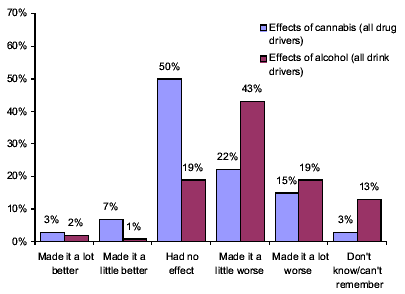Karen Kleiss,
Published: Thursday, July 31
EDMONTON - At first there was nothing
suspicious about Michael Berggren's death.
The veteran trucker was making his first
run of the morning on Boxing Day 2006. He
rumbled out of Hines Creek, lost control of
his tandem truck, hit a snowbank and rolled.
He wasn't wearing his seat belt and died at
the scene.

Had the crash happened six months
earlier, his widow and four children would
have mourned him and believed it to be an
accident.
But Alberta's Medical Examiner's office
had just changed its policies before his
death and started routinely testing dead
drivers for drugs.
When the tests came back, chief
toxicologist Dr. Graham Jones was puzzled.
The powerful tranquilizer in Berggren's
blood was exceedingly rare. He knew it
wasn't commonly available in Canada or the
U.S.
"The red flags went up at that point,"
Jones said in an interview. "I thought, I
have to find out how this drug got into this
man's body."
He learned Health Canada had already
pulled three herbal concoctions from shelves
because they contained a prescription drug,
called estazolam, and didn't list it on the
label. The drug is regulated because it
belongs to a class of potent, addictive
sedatives called benzodiazepines, which can
cause drowsiness, dizziness and confusion.
Jones contacted Berggren's widow, Tina
Miller, and she confirmed her husband had
been taking an herbal sleeping aid called
Eden Herbal Formulations Serenity II Pills.
Jones alerted authorities.
Five months later, Alberta Justice called
a fatality inquiry.
There are questions over what role, if
any, the drug played in Berggren's death.
And how did a rare, powerful sedative come
to be in the body of a fit 55-year-old
northern Alberta health nut, who was
planning to teach his grandchildren how to
ski the day he died?
Jones discovered the pills Berggren was
taking came from a store in Calgary.
Four months after the fatal crash, Health
Canada issued an advisory that said the
pills were sold at the Evergreen Acupuncture
Clinic.
The clinic had also been responsible for
distributing Sleep Ease dietary supplements,
which Health Canada pulled off its shelves
weeks before Berggren's death because they,
too, contained estazolam.
Two more products, Sleepees and Sleep
Well, had been recalled from other stores
for the same reason.
Health Canada said nothing more about the
source of the drugs. But according to a CTV
W5 investigation earlier this year, all four
products came from a single supplier in
Richmond, B.C.
It wasn't the first time a B.C. company
was the source of hidden pharmaceuticals. In
1998, the United States Food and Drug
Administration warned consumers not to
purchase or consume a product known as
Sleeping Buddha, which also contained
estazolam.
The FDA had traced the drug to a company
in Burnaby, B.C.
Like Health Canada, the FDA warned of
possible health risks and went further:
"Because this product is a sedative, it
poses a special risk to consumers who take
the drug while driving," it said.
At least two of the herbal products --
Sleeping Buddha and Sleep Well -- were made
in China and not permitted for sale in
Canada.
What truck drivers think drugs
do to their driving.